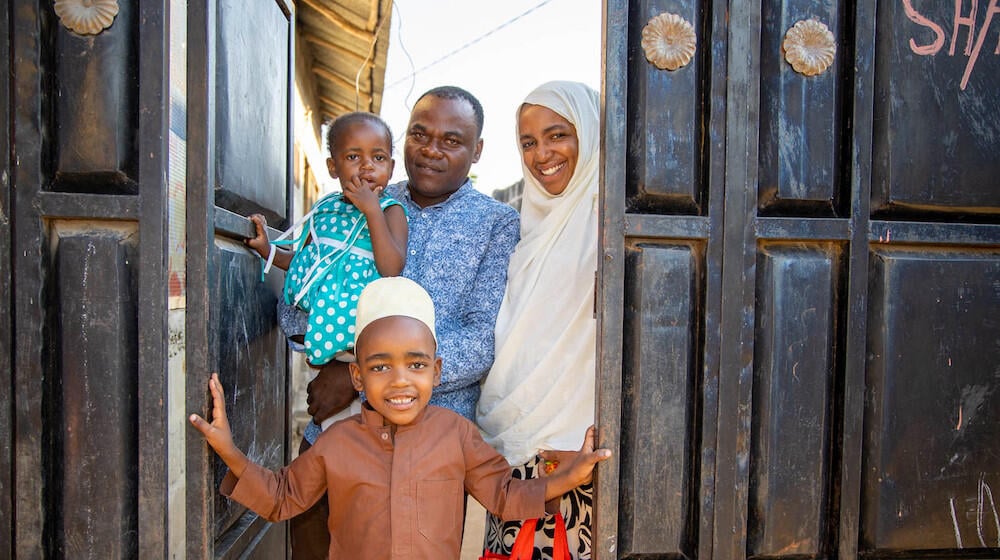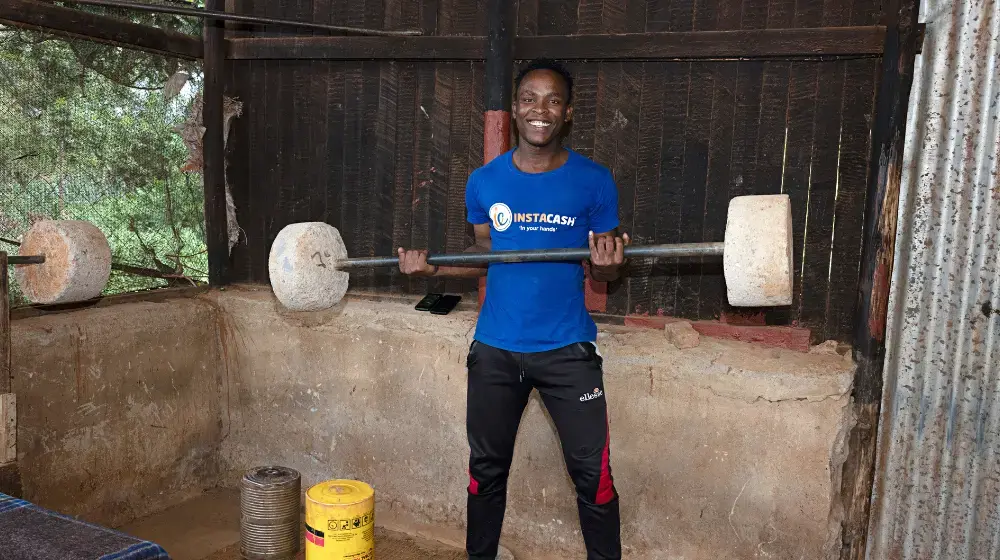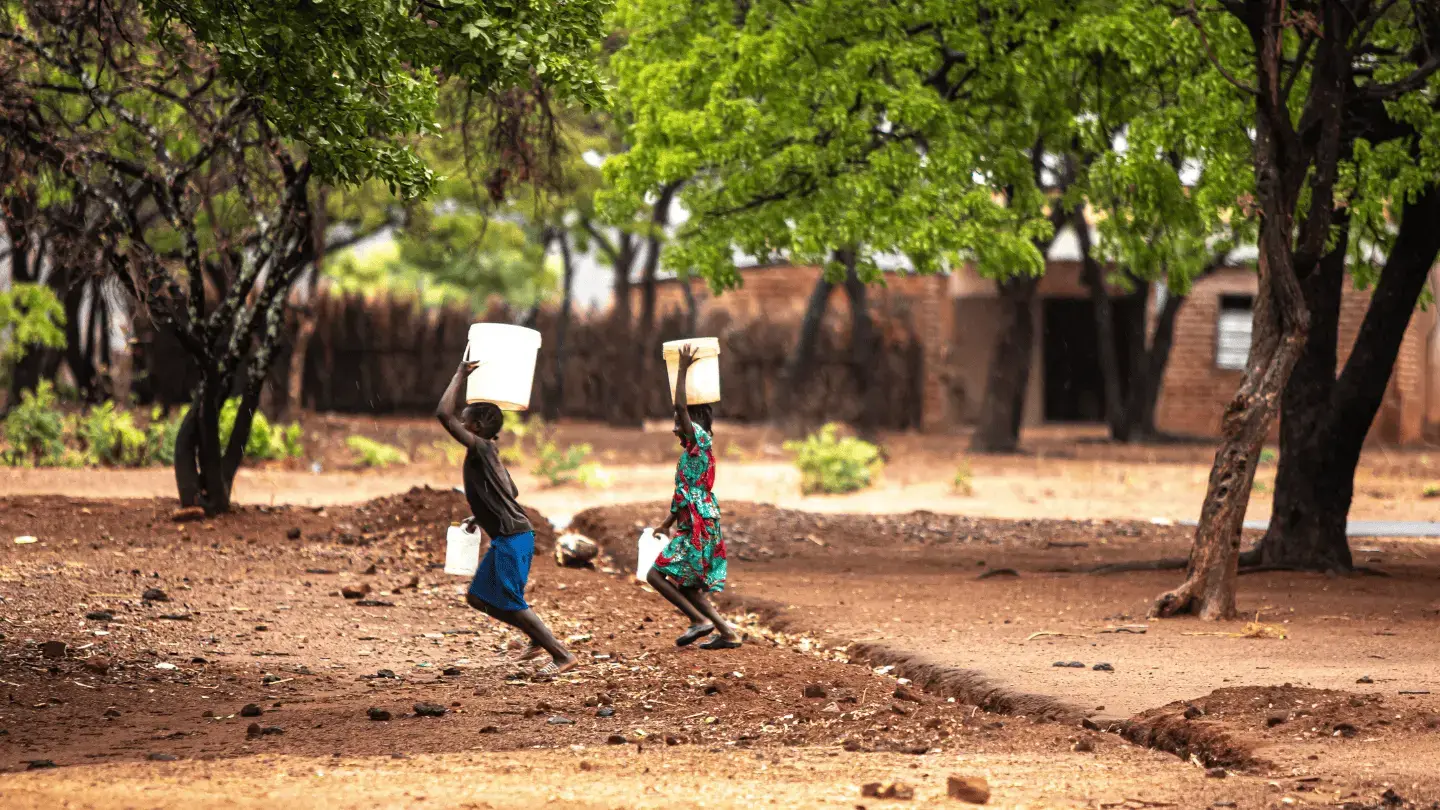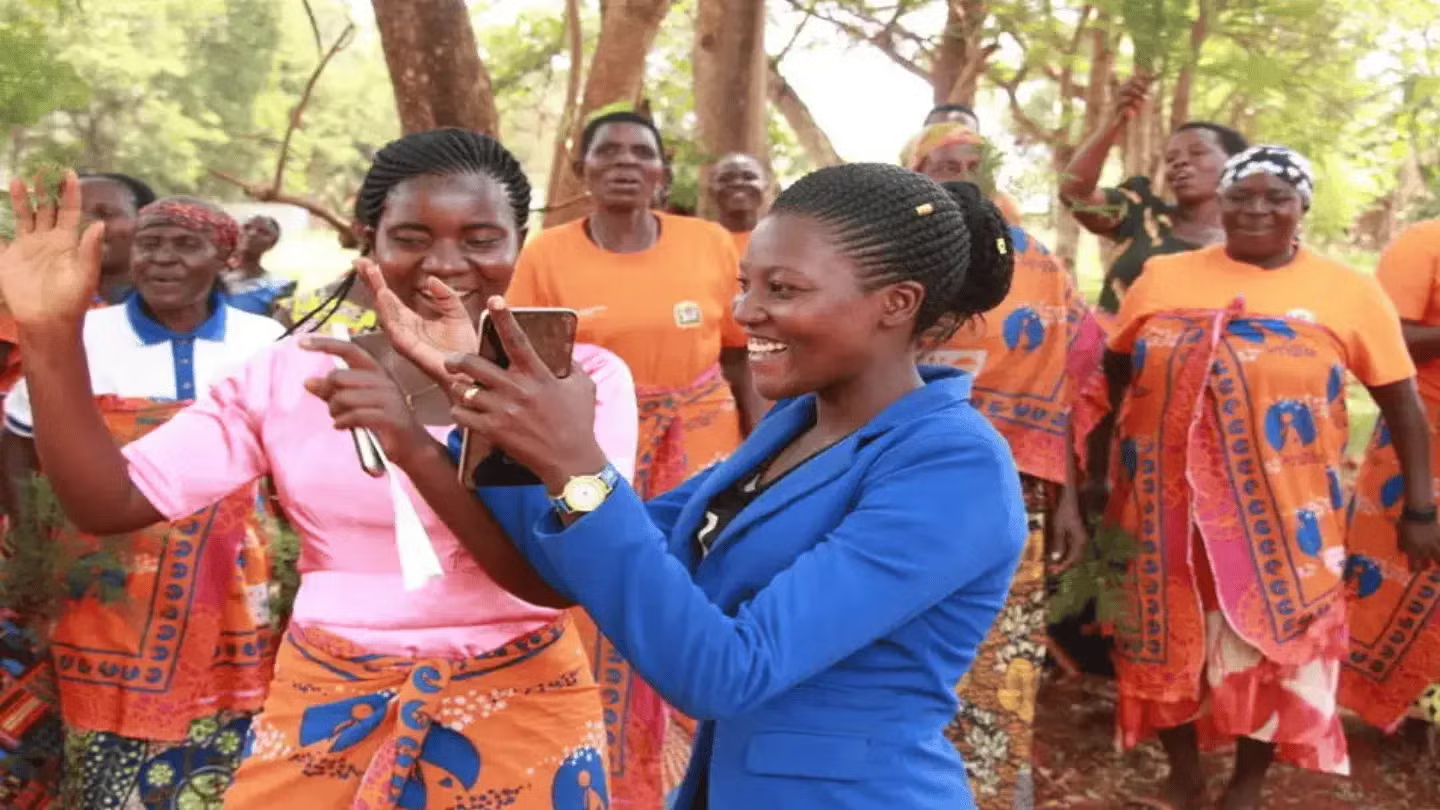Opinion editorial
By Mark Bryan Schreiner, Representative, UNFPA Tanzania
Two weeks, 14 million households and 205,000 census enumerators. Across Tanzania, reaching even the most remote areas, the 2022 Population and Housing Census rolled out with a clarion call to Tanzanians to ‘prepare to be counted’.
The Government of the United Republic of Tanzania with the National Bureau of Statistics announced that as of 5 September, an estimated 99.99 per cent of households were covered in the traditional census data collection process – an impressive feat in the country’s census history. This high level of engagement in the census shows the commitment of the government and partners in ensuring that each individual is a valuable member of the society and a contributing asset to the country’s development.
As the enumeration process has come to an end, and the data processing and analysis stages begin, we recognize the core census purpose – a collective commitment of leaving no one behind.
Data will inform policy and programming, and these will be the cornerstones of sustainable development for Tanzania. Accessibility of census data at both the national and local level is essential to support evidence-based decision making, accountability and transparency. A critical resource, census data expands our collective ability to identify and respond to the needs of all the people of Tanzania.
By reaching almost every household in the country, census data is a unique source of information, offering comprehensive population data disaggregated by age, sex and location. Through mapping the needs of vulnerable and marginalized groups – women and girls, adolescents, older people, persons with disabilities – census data can show where potential disparities remain.
Tanzania has made significant investments to ensure the census included all elements needed to meet international standards for a high-quality census. The 2022 Population and Housing Census is the first digital census in Tanzania, and the first to conduct a buildings count and national physical addressing, using digital software and equipment. Geospatial technologies were utilized to generate census field maps, and collect and digitize census information. Enumeration areas – small geographic areas canvassed by one census enumerator during data collection – were mapped with details including public infrastructure – schools, health facilities and water points. These investments and the precise level of detail will optimize the generation of high-quality population data for an accurate census count.
UNFPA, the United Nations sexual and reproductive health agency, is proud to be a partner in this process by providing technical and financial support to the National Bureau of Statistics, to prepare the tools and skills building needed for these technological advancements. As in all previous censuses in Tanzania, UNFPA serves as a technical partner throughout the census process, supporting the preparation phase including census cartography, developing guidance documents and questionnaires, and mobilizing resources through inter-agency efforts.
All phases of the once-a-decade census exercise required extensive preparation and resources, a clear commitment of investment in the development of Tanzania. The UK’s Foreign and Commonwealth Development Office, the Government of Sweden, Ireland, Finland, Republic of Korea, and UN system partners including UNICEF, UN Women, World Bank, and the US Census Bureau, supported the Government in the census exercise.
Additionally, the census comes at a key period in Tanzania as the dynamic youth population is growing, calling for expanded education and employment opportunities to support development and fuel the country’s economic growth. This includes the urgent development of youth-responsive and resilient essential services, including health services, especially for sexual and reproductive health.
As the numbers clearly show, we see a crucial time and an engaged population that can accelerate the national and global goals. UNFPA stands ready for continued collaboration with the Government of Tanzania to support the processing, analysis, and dissemination of the 2022 census results.
Because everyone counts.





